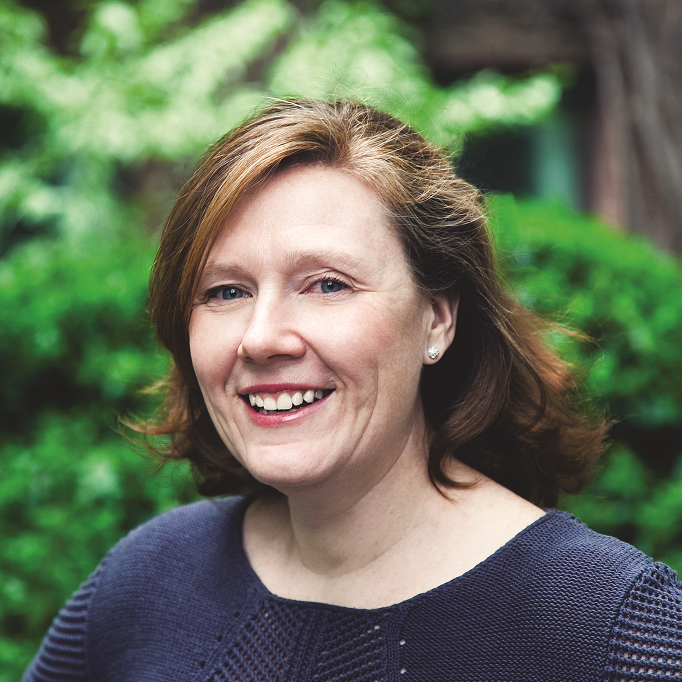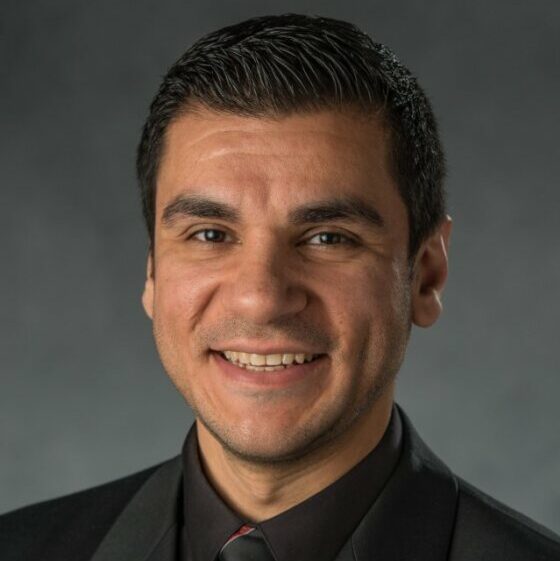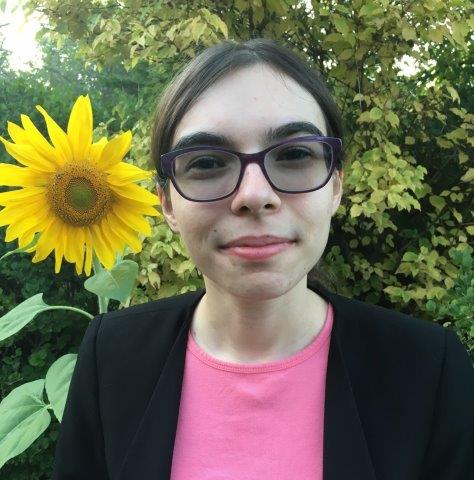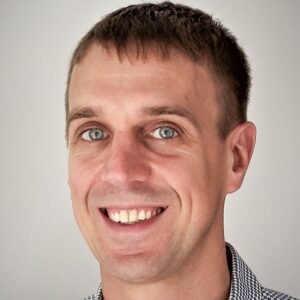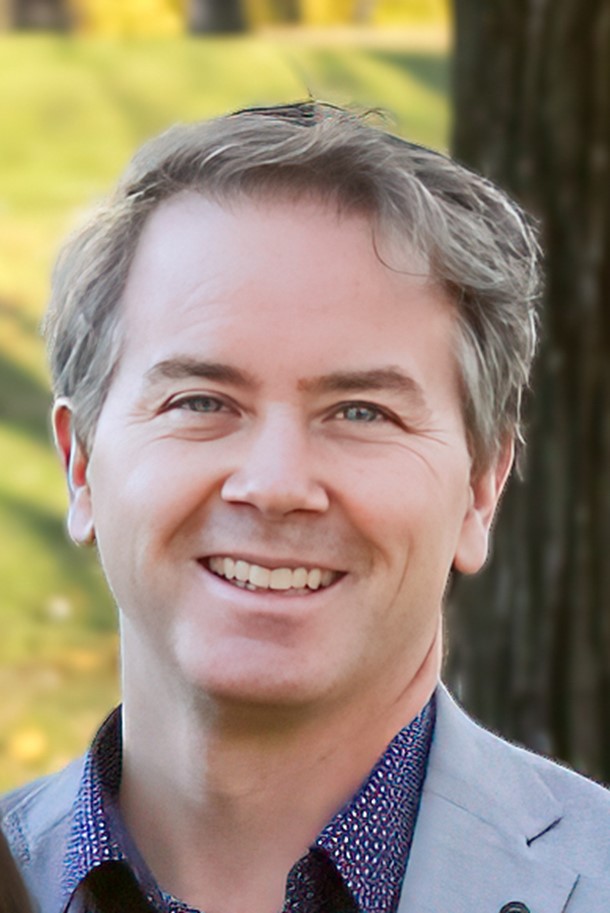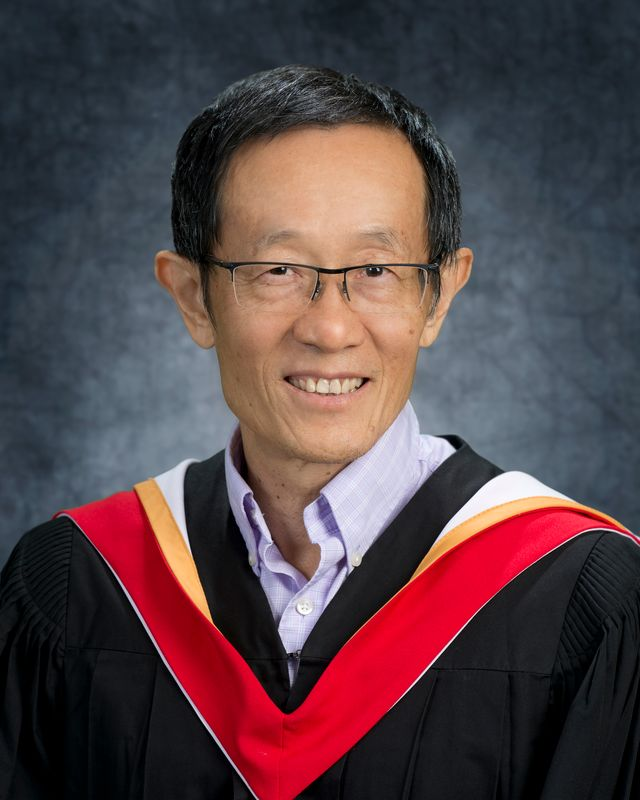
A Message from Dean Rui Wang
I am incredibly grateful to our community of faculty, staff and students for their contributions in making the Faculty of Science at York University a positive place to learn, research and work.
In 2024, we accomplished incredible achievements that I am proud to celebrate in this Annual Review.
We successfully launched new graduate-level programming in biotechnology at the Markham Campus that features state-of-the-art teaching and learning spaces, industry-informed curricula and enhanced experiential education opportunities.
Our researchers received nearly $23 million in funding to pursue innovative research projects, and they made transformative discoveries that will improve lives and enhance our understanding of the world and universe.
Our teaching and learning experts continued their work to improve student learning experiences and ensure that decolonization, equity, diversity, and inclusion (DEDI) and accessibility are at the core of every classroom and laboratory.
The Faculty’s philanthropic efforts generated high-impact donations, including a fund to support student mentorship and research in Physics & Astronomy, and the construction of our new Taihua Wang Science Student Success Centre.. And, our outreach efforts through the Allan I. Carswell Observatory and our Science Engagement Programs forged new connections and learning amongst our community at York and beyond, including youth.
I feel immense pride for everything we have accomplished together in 2024. Congratulations to our entire community.
YORK SCIENCE HIGHLIGHTS
Updates from our Department Chairs
By the Numbers
Faculty members
(full-time)
Staff members
(full-time)
Undergraduate programs
Graduate programs
Postdoctoral fellows
and visitors
Undergraduate students
64% Canadian
36% International
(full-time and part-time)
Undergraduate students to whom Faculty of Science provides service teaching
Graduate students
58% Canadian
42% International
(full-time and part-time)
Division:
Natural Science
Departments:
Biology
Chemistry
Physics & Astronomy
Mathematics & Statistics
Science, Technology & Society
Bethune College-affiliated student clubs
Fellows and College members of Royal Society of Canada
(current and emeriti)
million
Total annual budget
(gross revenue)
million
Total research funding revenue
million
Total fundraising amount
Canada Research Chairs, York Research Chairs, and Endowed Chairs
Total partnerships with international institutions for academic and research collaboration
Organized Research Units based or led by the Faculty of Science:
Centre for Bee Ecology, Evolution and Conservation
Centre for Research on Biomolecular Interactions
Emergency Mitigation, Engagement, Response, and Governance Institute
Research facilities and equipment centres based in the Faculty of Science:
1 Core Analytical Facility (NMR Spectroscopy, Microscopy, and Mass Spectrometry)
2 Technical Shops
1 Science Store
More Highlights
HONOURS & AWARDS
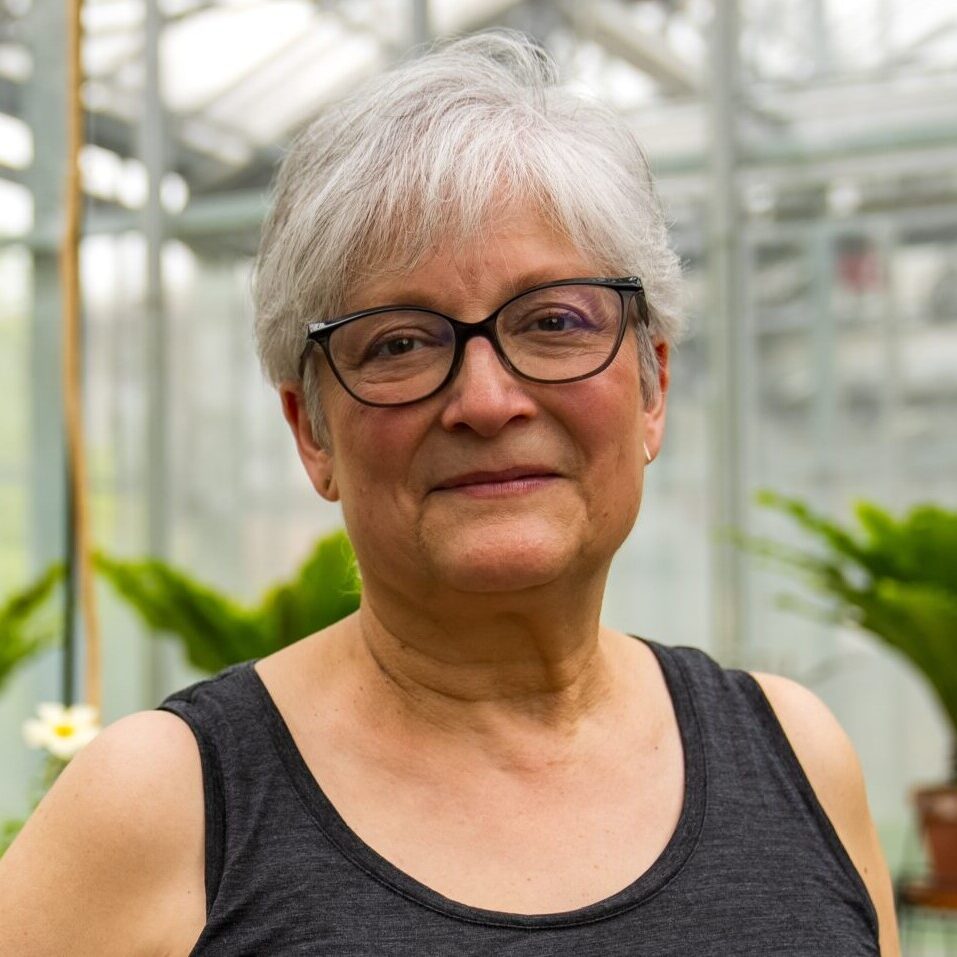

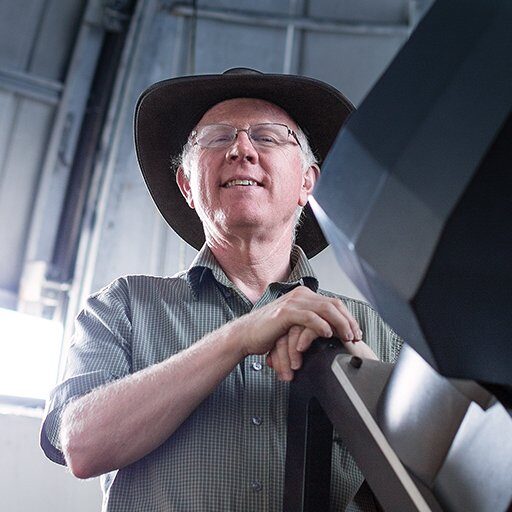
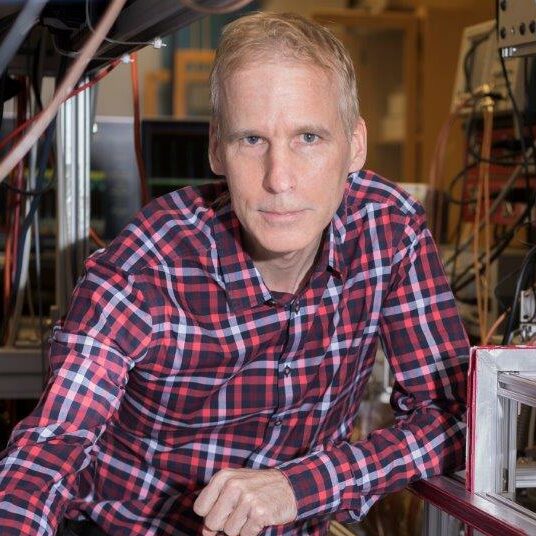
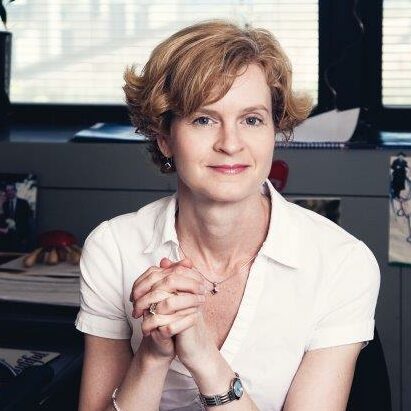

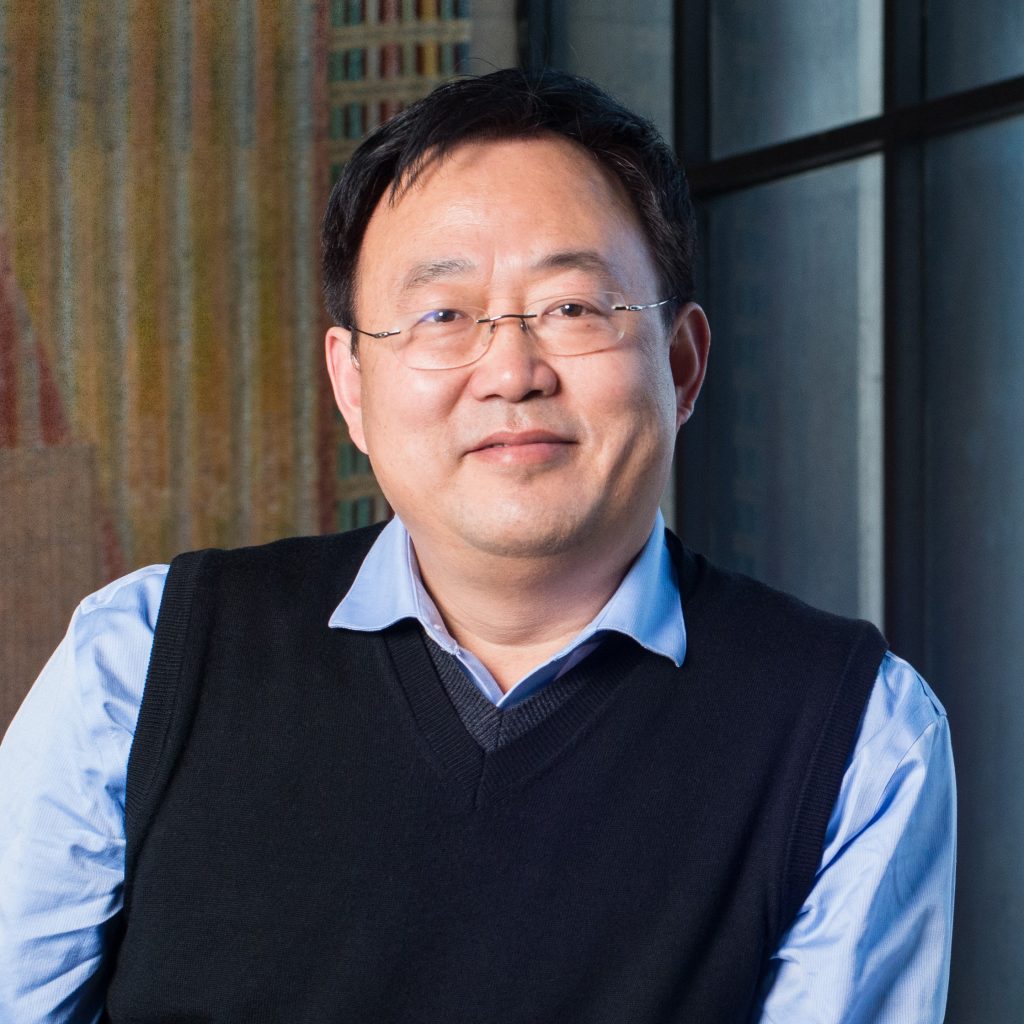
RESEARCH FUNDING
By the Numbers
million
Total funding awarded in 2024
million
Natural Sciences and Engineering Research Council of Canada
million
Social Sciences and Humanities Research Council of Canada
million
Canada Foundation for Innovation, and Ontario Research Fund
million
Canadian Institutes of Health Research
million
Canada Research Chairs
thousand
Mitacs and other fellowships
thousand
Provincial, national and international Agencies
thousand
Foundations, societies, and not-for-profits
thousand
Contracts and industry
thousand
Fields Institute








